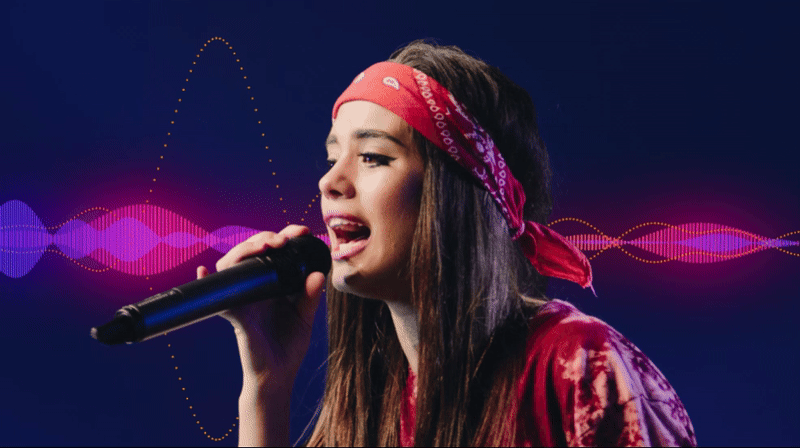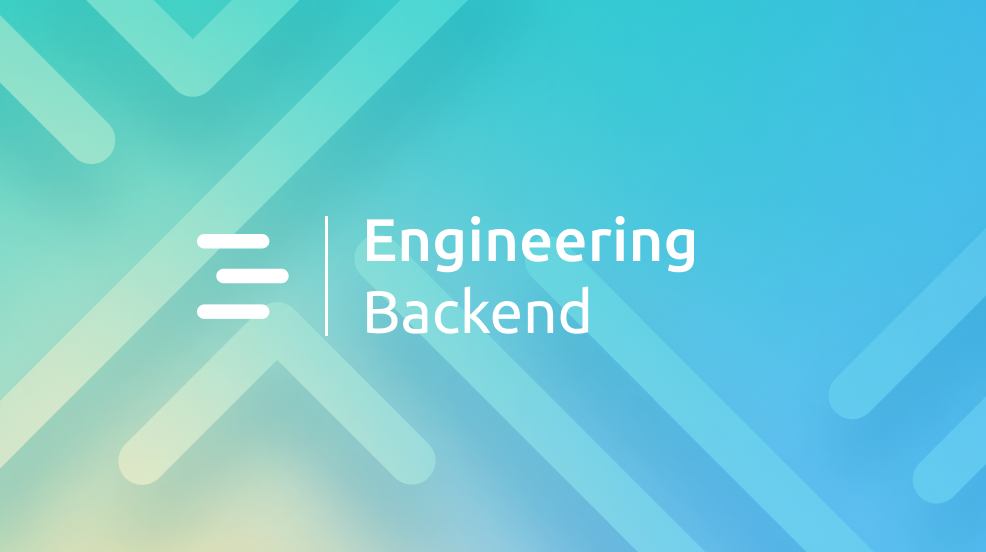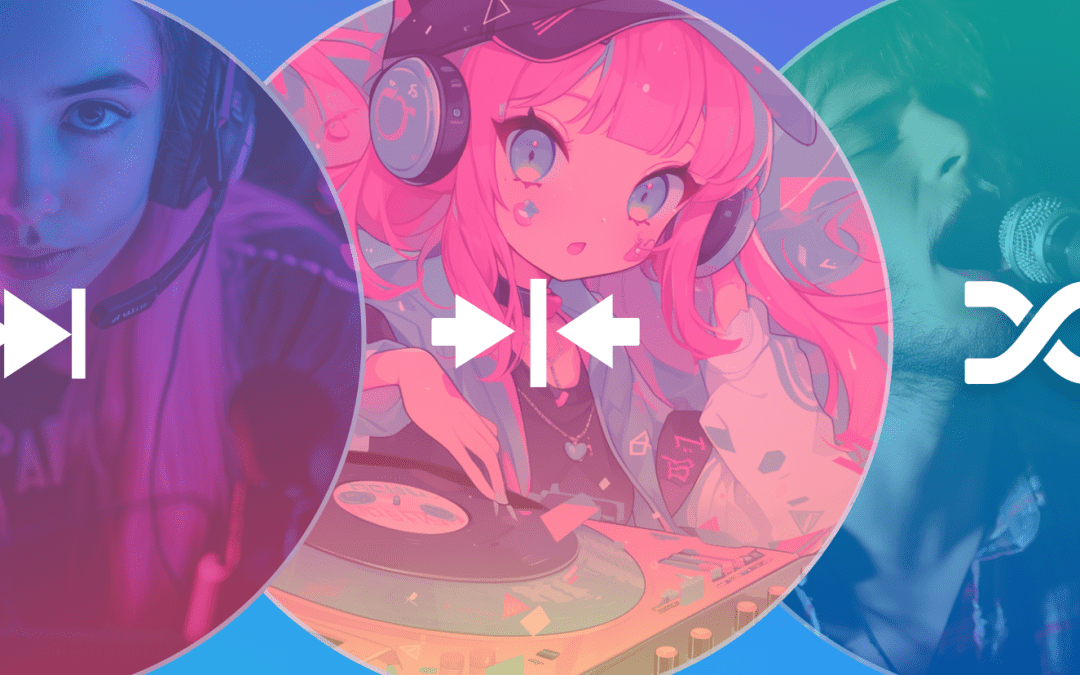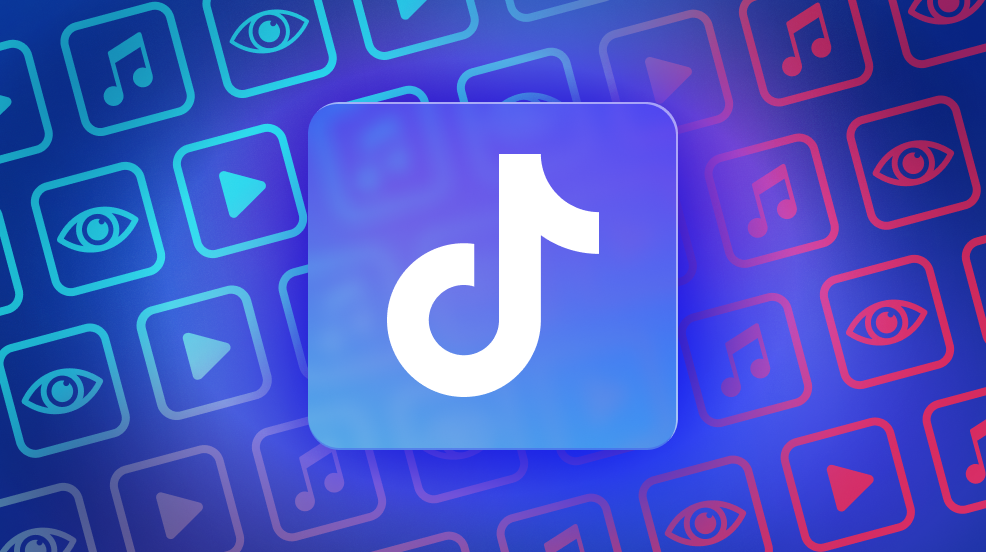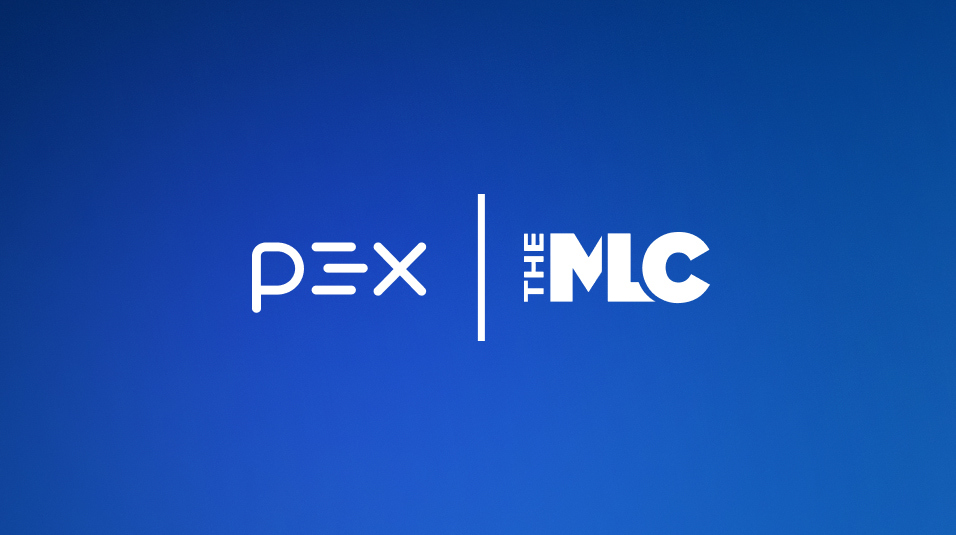Dispute resolution over the use of copyrighted material on user-generated content (UGC) platforms has long been a grim process. For years, creators have uploaded their works online, only to be reprimanded for using copyrighted content. Many creators’ livelihoods rest on the success of their content. But when a takedown, or worse, a copyright strike is capable of completely shuttering even the most viral or highly engaged content, creators are perpetually in fear of the looming repercussions after they hit ‘post.’
Here’s how these scenarios typically play out — a claim is taken out against the creator, which leads to work being taken down for infringing copyright. In the case of YouTube’s copyright policy, if a creator is hit with a Content ID claim and their work is found to have infringed copyright, they’ll be flagged with a copyright strike. Three strikes warrant being booted off the platform. Not to mention the instances where a creator is handed an incorrect claim.
None of these scenarios end in favor of the creator because the system is built to protect the platform. Even if a creator was to dispute or appeal the copyright claim, the process is limited and can still lead to a takedown. And oftentimes, creators aren’t able to speak with a human regarding their situation, as most disputes are handled through automated procedures. Despite their efforts to resolve these takedowns, many creators are left frustrated and defeated from this inefficient process. With no universal dispute resolution solution available, creators are constantly at risk.
At the same time, rightsholders are also negatively impacted, as they’re left without an effective way to manage their copyrighted content online. Should a rightsholder file a dispute and a creator counters it, they’re left with little to no option but to take the creator to court — a resource-intensive and costly process that leaves both sides of the party feeling disgruntled.
According to a recent survey by the World Intellectual Property Organization and Ministry of Culture, Sports and Tourism of the Republic of Korea (WIPO–MCST), more than 60% of platforms, creators, rightsholders, and other content-focused groups were involved in B2B digital copyright-and content-related disputes, though there “were relatively few specialized mechanisms” equipped to handle these types of disputes. That’s because the handful of readily available systems are self-imposed and subjective. Leading platforms have built these systems compatible only for their use, and while best intentions are to come to a non-biased decision on whether content is infringing content — even if the final call is in opposition to the platform itself — it’s up for debate whether that is always the case. Meanwhile, platforms without the means to build their own internal teams are lacking the tools desperately needed to manage copyright violation disputes.
Daphne Keller, Director of the Program on Platform Regulation at Stanford’s Cyber Policy Center, calls out these complications in her piece for the Journal of Democracy, where she discusses how companies like Facebook are employing tens of thousands of people to moderate content. But without an ecosystem that enables balanced content moderation across all platforms — not just those with the resources to build colossal teams — the result will always be limited and flawed.
So why hasn’t there been a solution capable of solving this? Because the issue is pervasive and nuanced. Until now, no product has been equipped to resolve rights conflicts across platforms in a way that champions the fledgling creator economy and all its constituents — platforms, rightsholders, creators, and consumers. But as more revenue is set to be generated in this space, an equitable but efficient system for disputes is critical. And the individuals within the creator economy are calling for it. Among the responses to the WIPO–MCST survey, an “international and neutral dispute resolution provider” was the collective demand, along with time- and cost-efficient solutions that meet the needs of the continuously evolving digital ecosystem.
Today, Pex announced its partnership with the World Intellectual Property Organization (WIPO) Arbitration and Mediation Center to provide an industry first — an impartial human review system for IP infringement to all of those who create and house content, including platforms, rightsholders, and creators.

By partnering with the WIPO Center, Pex is providing the first neutral, third-party copyright dispute resolution service as part of our Attribution Engine — our marketplace that identifies, attributes, and licenses copyrighted content in real time, before it’s published. Meaning, platforms of all sizes will have access to the WIPO Center’s appointed copyright experts, who offer non-biased judgment calls on whether content is infringing copyright. This eliminates potentially imbalanced gray area decisions from platforms with internal dispute systems, while also equipping platforms who may have never had these types of resources in the first place. The service is free for creators through participating platforms.
An impartial dispute system will have a seismic impact on the creator economy. Offering a neutral assessment to determine whether content is infringing copyright, across all platforms, lowers the risk of creators’ work being removed and jeopardizing their participation on the platform. No longer will creators be at the mercy of unwarranted takedowns and strikes, and in the case that copyright disputes need to be had, creators won’t be in the dark on what the consensus was and why. This also means rightsholders have the resources to effectively manage the use of their content online, while platforms are equipped with the necessary tools to tackle copyright disputes.
I’m proud to announce this partnership as the next phase of Pex’s mission in helping to support the creator economy with fair and transparent licensing. Read more about today’s announcement here.




